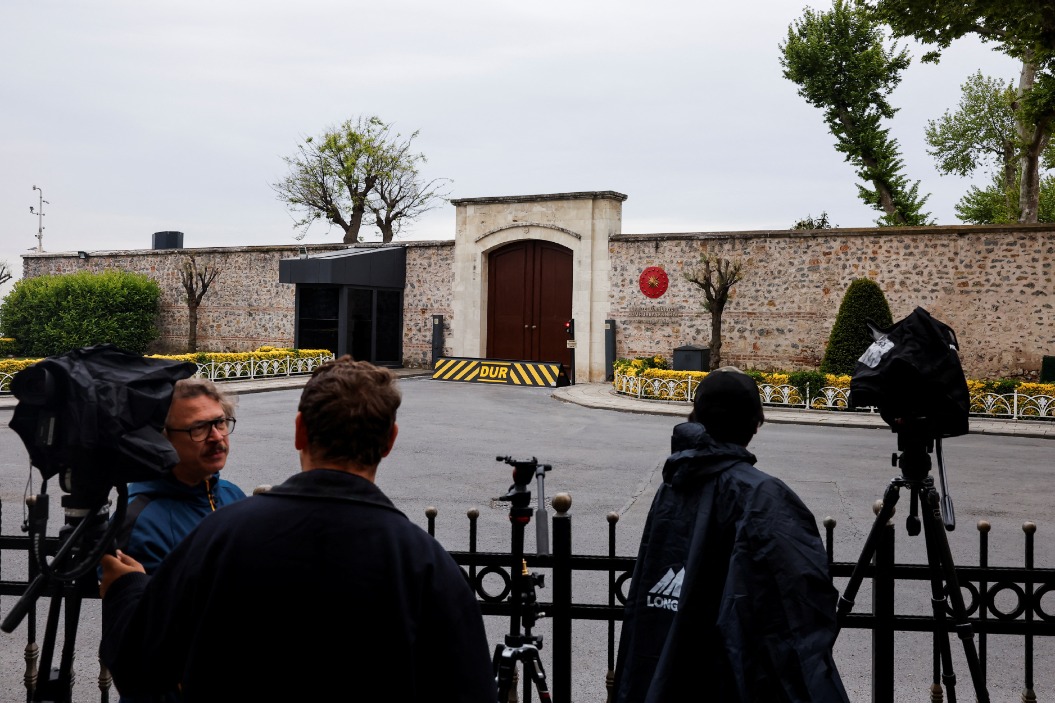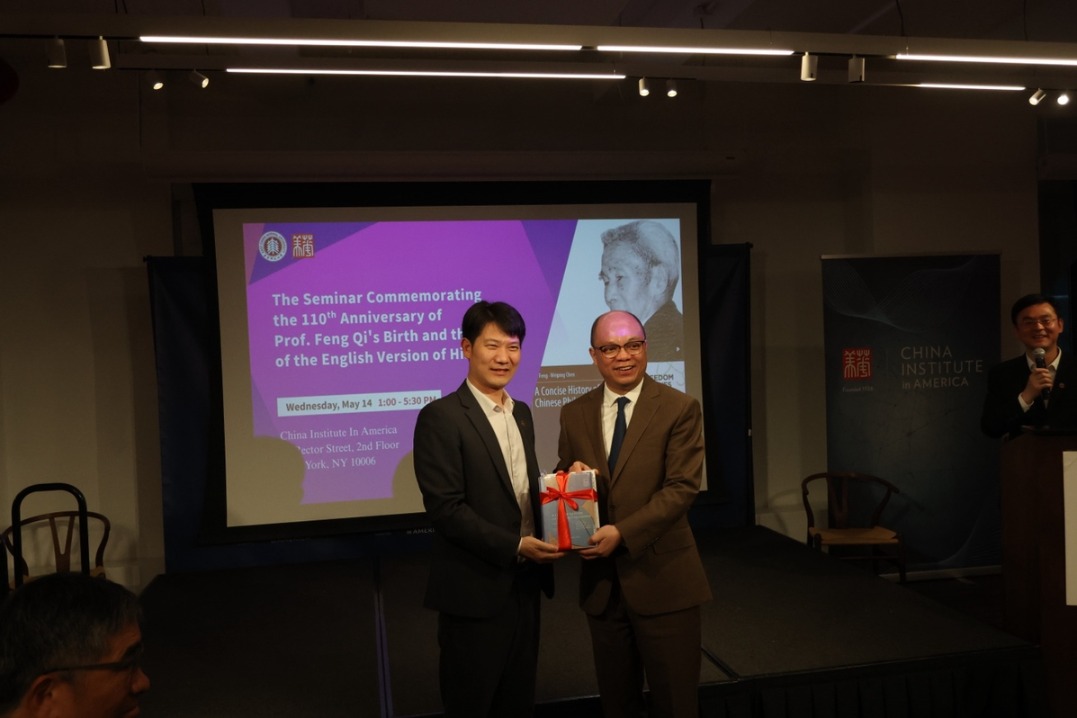Carmaker's operations to boost Thailand's EV plan


Chinese automaker Changan Automobile's first overseas electric vehicle production plant started operations in Thailand on Friday, which is a significant step for the kingdom's development toward becoming a regional EV hub, insiders say.
Situated in Rayong Province in eastern Thailand, the facility represents Changan's inaugural comprehensive overseas EV production base. With an initial investment of 10 billion baht ($301.4 million) for the first phase, the plant is poised to serve as a manufacturing center for the ASEAN region and global right-hand drive markets.
The manufacturing complex boasts a range of production capabilities spread across five key workshops: welding, painting, assembly, engine assembly and battery assembly units. Initially, the plant has an annual production capacity of 100,000 vehicles, set to increase to 200,000 vehicles in the subsequent phase.
In a bid to establish an environment-friendly operation, Changan will install a 14 megawatt solar power system that will provide up to 45 percent of the factory's electricity requirements, significantly reducing carbon dioxide emissions, according to Shen Xinghua, managing director of Changan Southeast Asia.
He said additional sustainable features of the factory, including circulating air vents, louvered panels, natural lighting and a rainwater recycling system, are expected to cut energy costs by 20 percent.
Creating jobs
"With the operation of our factory, significant employment opportunities will also be seen with an estimated 30,000 jobs across the value chain, contributing significantly to local economic growth," said Shen.
Zhu Huarong, chairman of Changan Automobile, noted in his opening speech that the EV manufacturing plant marks a transformative step for Changan as it has set its sights on going green, smart and global.
"This eco-friendly factory with cutting-edge technology demonstrates Changan's commitment to Thailand, to further facilitate the kingdom's plan of building it into an EV hub in Southeast Asia for the right-hand drive market in the region as well as Australia and New Zealand," said Zhu.
On Wednesday, Zhu and the company's executive team paid a courtesy call on Prime Minister Paetongtarn Shinawatra, who expressed her appreciation for Changan's confidence in Thailand and its support in positioning the country as a global EV production hub. They also discussed plans to set up the research and development center and its regional office in Thailand.
Under the Thai government's investment promotion, the kingdom aims to convert 30 percent of its annual vehicle production into zero-emission vehicles by 2030 as part of its transition toward green mobility.
Over the past two years, Thailand has become a significant player in the global EV industry, drawing in major automotive giants worldwide. So far, many Chinese auto brands such as MG, Great Wall Motor and BYD have expanded their business or built factories in Thailand.
Thailand Board of Investment Secretary-General Narit Therdsteerasukdi said this aligns with the government's policy to promote research and development and enhance the nation's technological and innovation capabilities to boost competitiveness, local newspaper Bangkok Post reported.
The opening of Changan's research and development center in Thailand involves plans to recruit Thai personnel, according to Narit. He said local auto parts manufacturers will also be engaged in the development of right-hand-drive EVs.
He also revealed that the company aims to source 65 percent of its materials and components locally by the end of this year, with the local sourcing target increasing to 80 percent by 2028.
yangwanli@chinadaily.com.cn
































